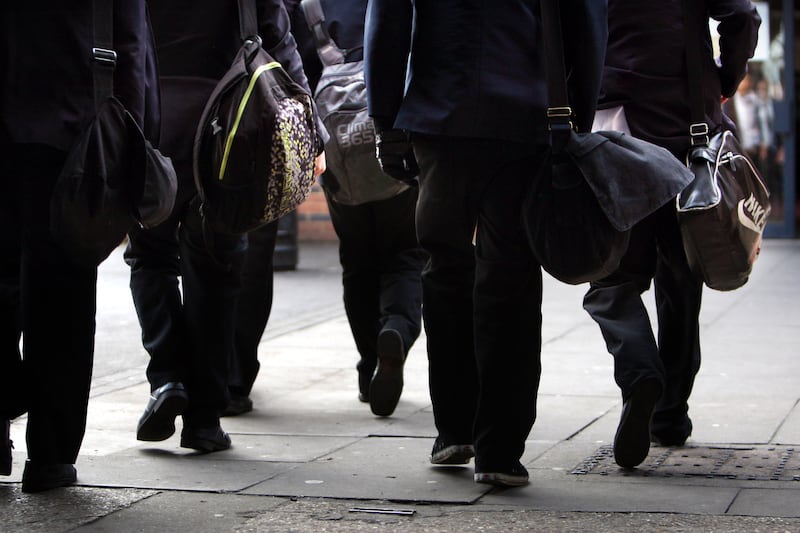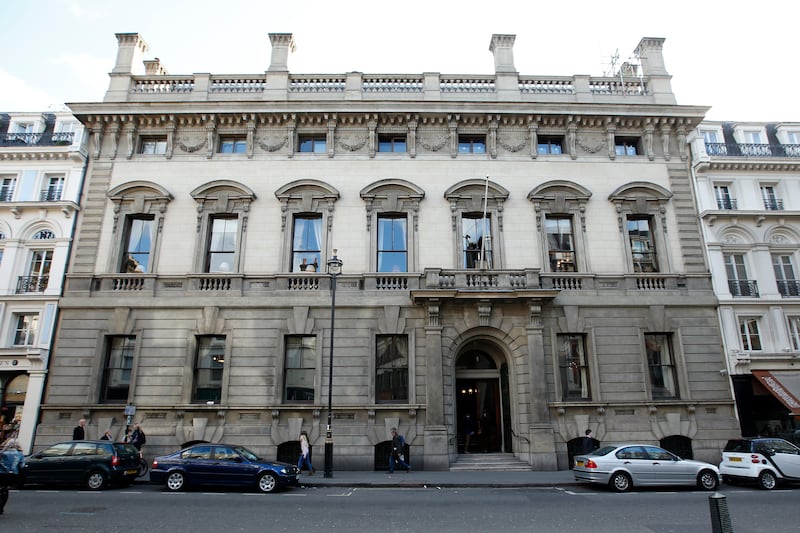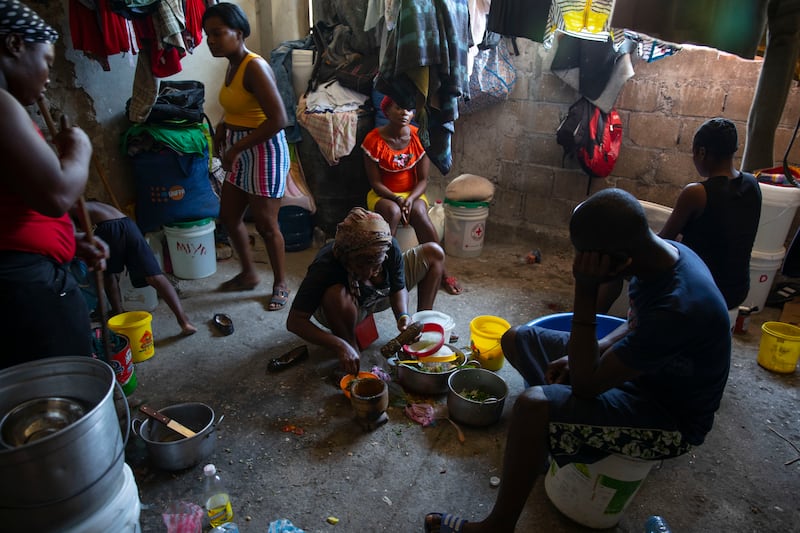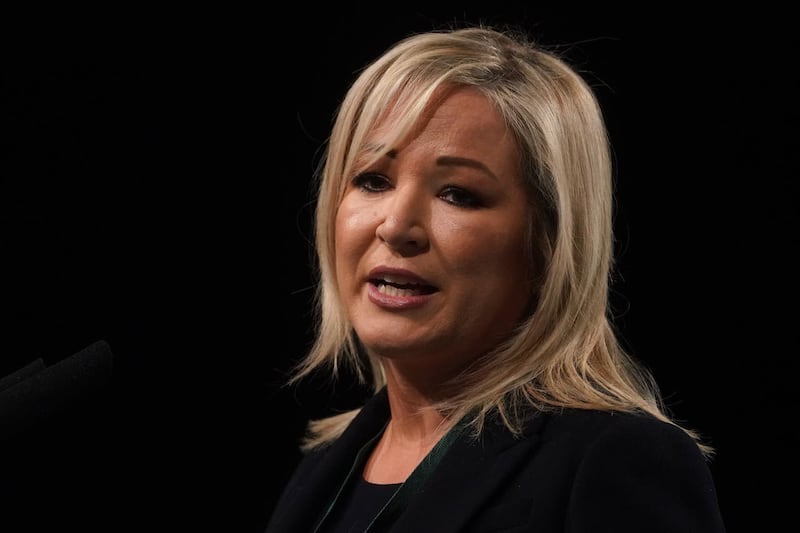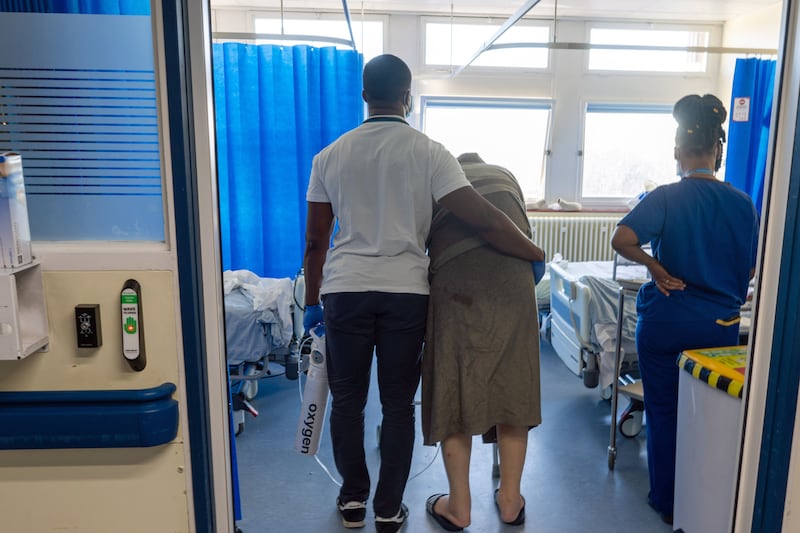THERE needs to be a "sea change" in how women are treated in Ireland through better law and policy, a former justice minister has said.
Naomi Long said there should be a zero tolerance approach to abuse, misogyny and the entitlement culture that exists from the locker rooms to the corridors of power in the Republic and Northern Ireland.
She was speaking at the Shared Island Dialogue which met to discuss tackling gender-based violence and abuse.
More than 100 individuals representing victim and survivor support organisations, political and government representatives from both sides of the border attended the event in Kells.
Ms Long advocated for a need to improve sex education standards in schools, and to address attitudes where gender-based violence and sexual abuse can flourish.
"There is an urgency in this. A whole generation of young women are growing up forming relationships, and having sexual experiences," Ms Long added.
"We owe to them, we owe to ourselves to deliver not just better law and policy but a sea change in how women are treated on this island.
"We have to have a zero tolerance approach to abuse, to misogyny, harassment, the entitlement culture that exists in many places that still pervades not just the locker rooms of Ireland, but also the corridors of power on occasion. I believe that together we can deliver that change, but the time to act is now."
Irish Justice Minister Helen McEntee said that teaching young people about respect and consent starts at primary school level. She said that societal change is needed to address the issues embedded in the culture.
"There's a lot of work that each and every one of us has to do. It's each and every one of us in society and that's why the strategy that we launched in Ireland this year, a zero tolerance plan, it really is a whole of government, whole of society strategy," the Fine Gael minister said.
In Northern Ireland, the number of domestic violence and abuse crimes has increased significantly in recent years. Domestic abuse is recorded by covering all family members, including in-laws, step family, and intimate partners.
The number of domestic abuse crimes recorded by the police reached 22,142 in the 12 months to the end of July, an increase of 2,519 (12.8 per cent) on the previous 12 months and the highest 12 month period recorded since 2004/05.
Violence with injury (including homicide and death) increased from 4,531 to 5,026. Over the 12 months, there were nine homicides with a domestic abuse motivation, matching the previous 12 months.
Five of the victims were female, compared with seven female victims during the previous 12 months. These male victims could include children and those in a same sex relationship.
Panel discussions featured representatives from Women’s Aid, Dublin Rape Crisis Centre, Immigrant Council of Ireland, An Garda Siochána, Safe Ireland, Men’s Development Network, Victims Support NI, Foyle Family Justice Centre and HEReNI.



